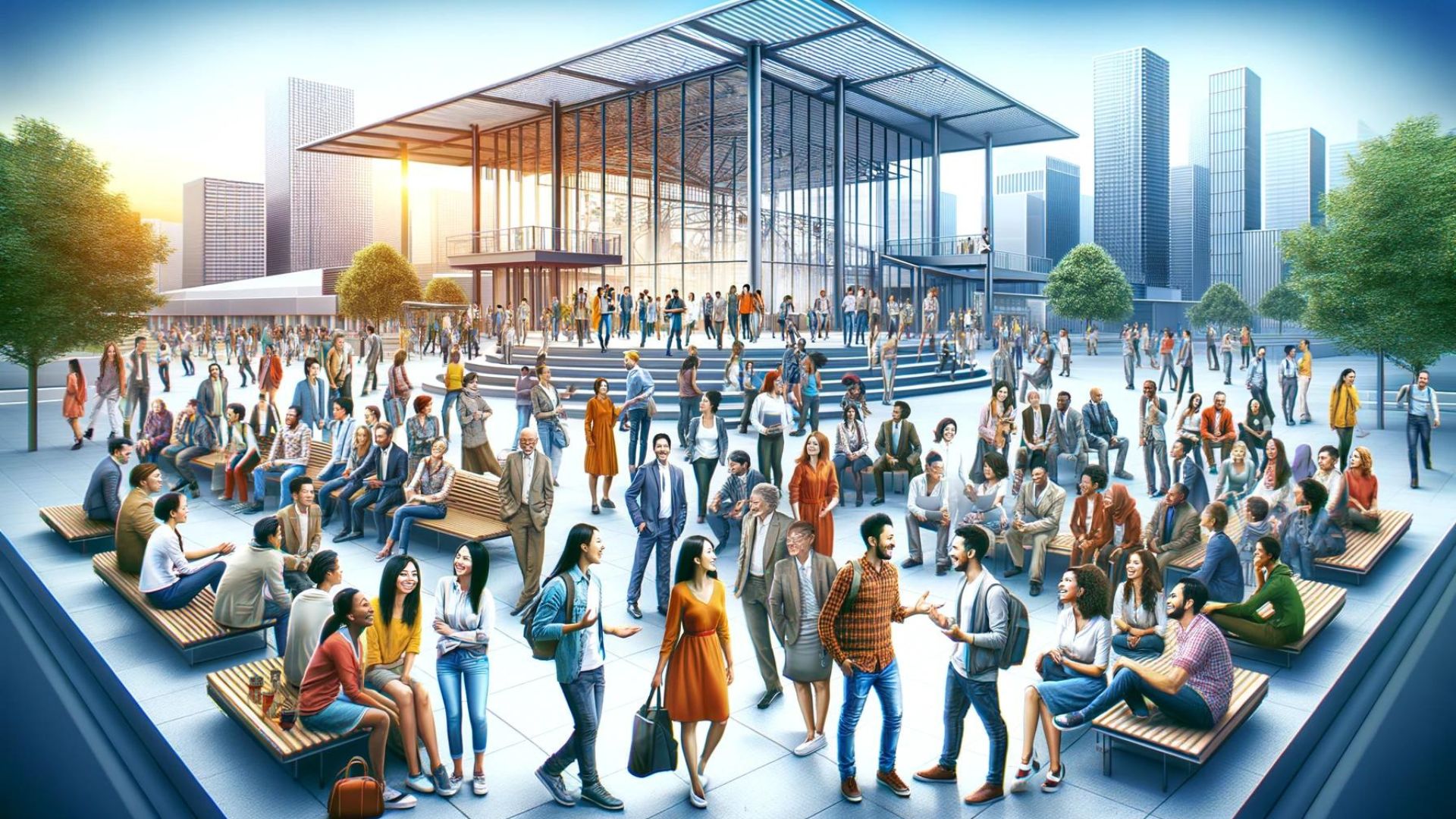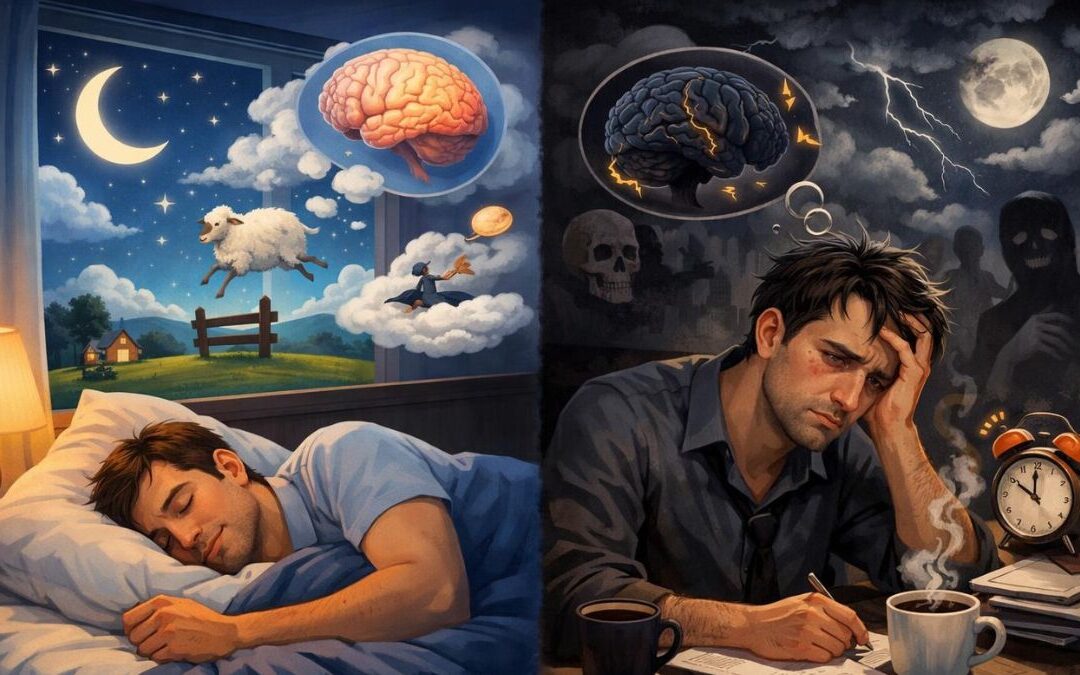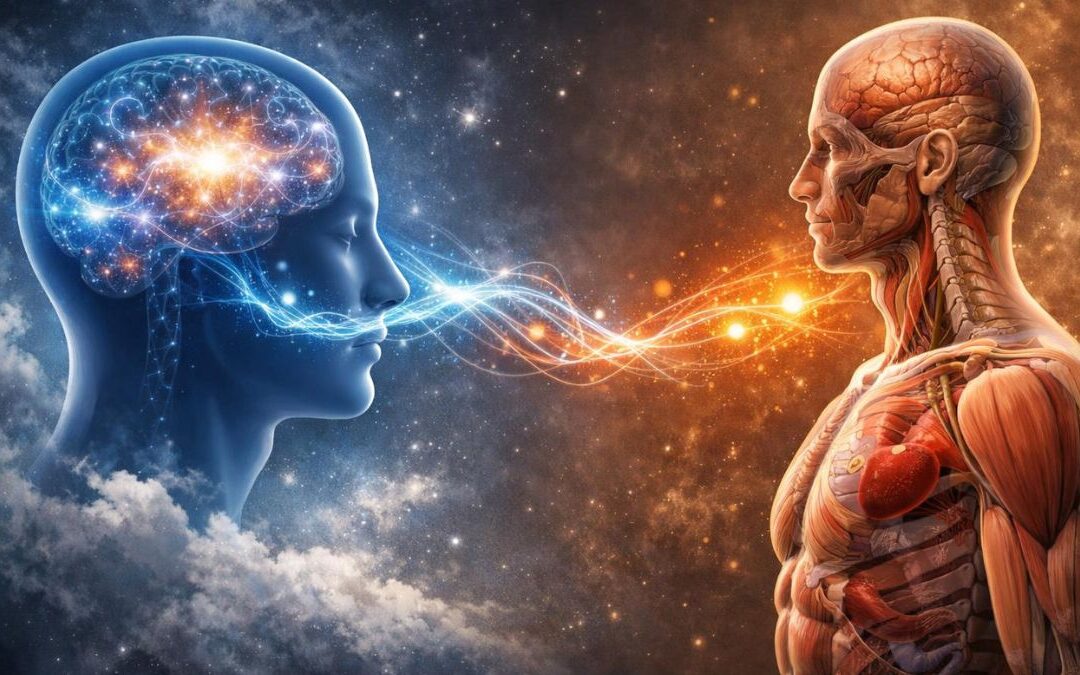The Intersection of Faith and Society
Picture a tapestry woven with countless threads – some brightly colored, others faded, some tightly knotted, others fraying at the edges. Religion, like those threads, is deeply entwined with the fabric of our societies. It shapes how we view the world, influencing our opinions on everything from marriage and family to politics and social change.
Religious beliefs are a powerful motivator. Think of the countless acts of charity carried out in the name of faith or the social justice movements propelled by religious values. Religion can promote compassion, community, and a sense of shared purpose. For many, it’s a source of moral guidance and a framework for making ethical decisions.
However, the influence of religion on social attitudes isn’t always positive. History is filled with examples of religious teachings used to justify oppression, discrimination, and violence. In some cases, rigid interpretations of religious doctrine clash with evolving social norms around gender roles, sexuality, or the rights of minority groups.
The relationship between religion and social change is a fascinating two-way street. On one hand, religious movements can be at the forefront of social progress. Think of abolitionists driven by Christian values to end slavery or civil rights leaders inspired by their faith to fight for equality. On the other hand, religious institutions can sometimes be resistant to change, clinging to traditional views that conflict with modern sensibilities.
It’s important to remember that religion isn’t a monolith. Within each faith, there’s a spectrum of interpretations and beliefs. Two people of the same religion might have wildly different views on social issues. Moreover, the influence of religion on an individual’s attitudes depends on how devout they are, their particular denomination, and the overall cultural context in which they live.
Finding Balance in a Diverse World
In our increasingly interconnected and diverse world, understanding the interplay between religion and social attitudes is critical. It helps us understand the motivations behind different viewpoints, find common ground, and work towards a society where everyone feels respected and included.
It’s important to approach this topic with openness and a willingness to engage with beliefs different from your own. Think about the role religion plays in your life, or perhaps in the lives of those around you. How does faith influence your understanding of social issues, and how do you reconcile religious teachings with a world that is constantly evolving?
Let’s use this knowledge to foster productive dialogue. Instead of making sweeping generalizations, try to understand the nuances of religious belief and its impact on people’s lives. Seek out diverse perspectives. By embracing complexity and fostering respectful conversations, we can navigate the delicate balance between religious freedom and social progress.
Why Should You Care?
- Informed Citizenship: Understanding how religion shapes social attitudes is crucial for participating in constructive debates about policy and social issues.
- Building Empathy: Grasping the diverse ways in which religion impacts people’s views helps cultivate empathy and bridge differences in a pluralistic society.
- Personal Reflection: Examining this topic encourages you to reflect on your own beliefs, how they interact with social issues, and your role in fostering a respectful, inclusive society.
Key Takeaways
- Religion deeply influences social attitudes, both positively and negatively.
- Religious teachings can both promote social progress and act as barriers to change.
- Religions are not monolithic; there is a vast spectrum of beliefs and interpretations within each faith.
- The impact of religion on individuals varies depending on their personal devotion and the broader cultural context.
- Respectful dialogue and understanding the nuances of religious belief are essential for navigating social issues in a diverse society.
Keywords
- Religion: A system of beliefs and practices centered around a supernatural being, power, or principle.
- Social Attitudes: Beliefs and opinions about social groups, policies, and issues.
- Faith: Strong belief based on spiritual conviction rather than proof.
- Morality: Principles governing right and wrong behavior.
- Social Change: Significant alteration over time in behavior patterns and cultural norms.
- Diversity: The inclusion of individuals from a range of backgrounds, including differences in religion, race, ethnicity, gender, sexual orientation, and socioeconomic status.
- Denomination: A distinct group within a religion, with its own specific beliefs or organizational structure.
- Pluralistic Society: A society where multiple groups with different beliefs and lifestyles coexist.
- Secular: Not connected to or controlled by any religious body.
- Religious Freedom: The right to practice one’s religion without interference.
Frequently Asked Questions
- Does religion inevitably cause conflict? No. While religion can be used as a tool for division, many interfaith initiatives promote peace and understanding across religious divides.
- Can a society be both secular and respectful of religious beliefs? Yes. Striking a balance between secular governance and respecting individual religious freedoms is a key goal of many democracies.
- How do I discuss sensitive topics related to religion with someone whose beliefs differ from my own? Approach conversations with respect, curiosity, and a willingness to listen. Remember, you don’t need to agree, but understanding fosters civility.
Myth Buster
- Myth: All people who are religious are conservative/traditional.
- Reality: There’s a wide spectrum of political and social views within most religious communities, from progressive to deeply conservative.
Let’s Talk
- Can you think of an example where religious groups championed positive social change?
- How can we promote respectful dialogue about social issues when people have strongly held religious beliefs?
- Do you think religious institutions should play a role in influencing public policies? Why or why not?
Let’s hear your thoughts in the comments below!









0 Comments